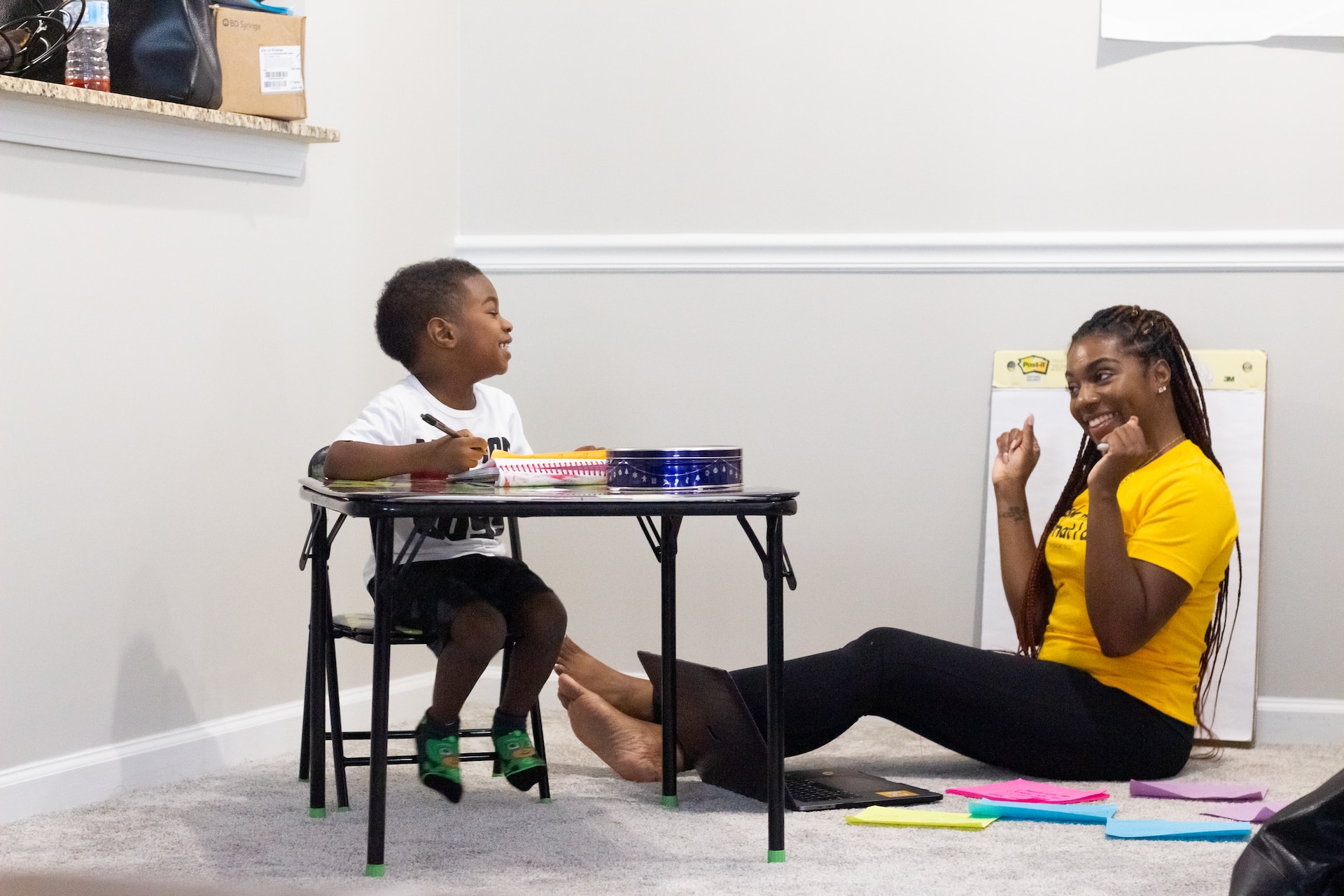
Attention Deficit Hyperactivity Disorder (ADHD) is a pervasive neurodevelopmental condition affecting individuals of all ages, both children and adults. With a UK prevalence estimated to be around 2-5% in children, it is quite common for families to face the various challenges that ADHD presents in daily life. Parents and caregivers shoulder tremendous responsibility in providing the best possible care, support, and guidance to children with ADHD.
In this context, ADHD often impacts multiple facets of family dynamics, particularly parent-child relationships. Recognising and addressing these relationship challenges is crucial for the long-term mental health and well-being of the entire family.
Our team at Harley Street Mental Health (HSMH) is passionate about offering CQC-registered outpatient mental health services for people across the age spectrum, with child and adult ADHD being among the conditions we address. Through our in-person appointments at 10 Harley Street or virtual consultations on our advanced video-chat platform, we aim to provide comprehensive and accessible mental health care to those coping with ADHD.
In this blog post, we intend to shed light on the impact of ADHD on parent-child relationships while highlighting proven strategies to build and maintain strong parent-child bonds. Our discussion will encompass the following essential aspects:
1. How ADHD Symptoms Affect Parent-Child Relationships: Understanding the Challenges
2. Acknowledging and Managing Parental Stress
3. Establishing Effective Communication Techniques Tailored to Your Child’s Needs
4. Reinforcing Positive Behaviour and Encouraging Emotional Resilience
5. Supporting Parents of Children with ADHD: Seeking Professional Help and Connecting with Others
As we delve into the dynamics of parent-child relationships in the context of ADHD, it is our goal to provide educational, informative, and helpful insights to empower parents and caregivers in navigating this journey. By understanding the unique challenges ADHD presents, we can foster an environment of love, support, and open communication, ultimately strengthening family bonds and maintaining healthy relationships.
ADHD poses a unique set of challenges for both children and their parents. The core symptoms of ADHD, such as inattention, impulsivity, and hyperactivity, can disrupt daily routines, hinder academic progress, and strain social interactions. As children with ADHD struggle to navigate these challenges, parents may experience a range of emotions, from frustration and concern to feelings of helplessness. These emotions can impact the quality of the parent-child relationship, potentially leading to tension and, in some cases, conflict.
It is essential to acknowledge the challenges ADHD presents within the family and strive to provide a supportive, understanding environment to mitigate any potential negative effects on parent-child relationships. By doing so, parents can empower their children, bolster their self-esteem, and encourage them to develop effective coping strategies.
Parents of children with ADHD often face increased levels of stress as they navigate the complexities of raising a child with unique needs. The responsibility of managing ADHD symptoms, advocating for their child in educational settings, and juggling daily routines can take a considerable emotional toll. To maintain healthy parent-child relationships, it is vital for parents to recognise and manage their stress levels.
One effective method of managing parental stress is through self-care activities such as regular exercise, healthy eating, and getting adequate sleep. Additionally, parents should consider setting aside time for activities they enjoy and seeking emotional support from friends, family, or support groups. By maintaining their own well-being, parents can provide a stable, nurturing environment for their children and foster strong family bonds.
Open communication is a cornerstone of any healthy relationship, and it is particularly crucial when navigating the challenges of ADHD. Establishing effective communication techniques tailored to your child’s needs can help reduce misunderstandings and build trust. Some strategies to consider include:
1. Active listening: Give your child your full attention when they speak, making eye contact and avoiding interruptions. This can help them feel heard and supported.
2. Simplify instructions: Break down tasks into manageable steps and provide clear, concise instructions. This can help children with ADHD focus and better understand expectations.
3. Engage in regular check-ins: Schedule time each day for a brief check-in to discuss any concerns, challenges, or successes your child may be experiencing.
4. Use visual cues: Some children with ADHD may benefit from visual tools such as charts, calendars, or cue cards to help reinforce important information or routines.
Rewarding positive behaviour, setting clear expectations, and providing constructive feedback can help children with ADHD develop emotional resilience and improve their behaviour. Behaviour modification techniques, such as establishing a token reward system or creating a visual chart of goals and accomplishments, can reinforce appropriate behaviour and help your child build emotional strength.
It is essential for parents of children with ADHD to seek support in managing the unique challenges they face. Professional help from psychologists, therapists, or ADHD coaches can help parents develop effective parenting strategies, reduce their stress levels, and improve their children’s ADHD symptoms. Connecting with other parents going through similar experiences via support groups, forums, or social media can also provide valuable insights, encouragement, and camaraderie.
ADHD can undoubtedly impact parent-child relationships, presenting challenges that require understanding, support, and open communication. By recognising these challenges and adopting strategies tailored to your child’s needs, you can build strong parent-child bonds that will last a lifetime.
Seeking professional help from experts like those at Harley Street Mental Health, whether through in-person consultations at our Harley Street location or via virtual appointments using our state-of-the-art video-chat platform, can provide invaluable guidance and assistance in this journey.
By engaging in effective communication, reinforcing positive behaviour, and managing parental stress, you can create a nurturing, supportive environment that fosters healthy relationships and emotional resilience for the entire family. Contact our ADHD specialist for more information.